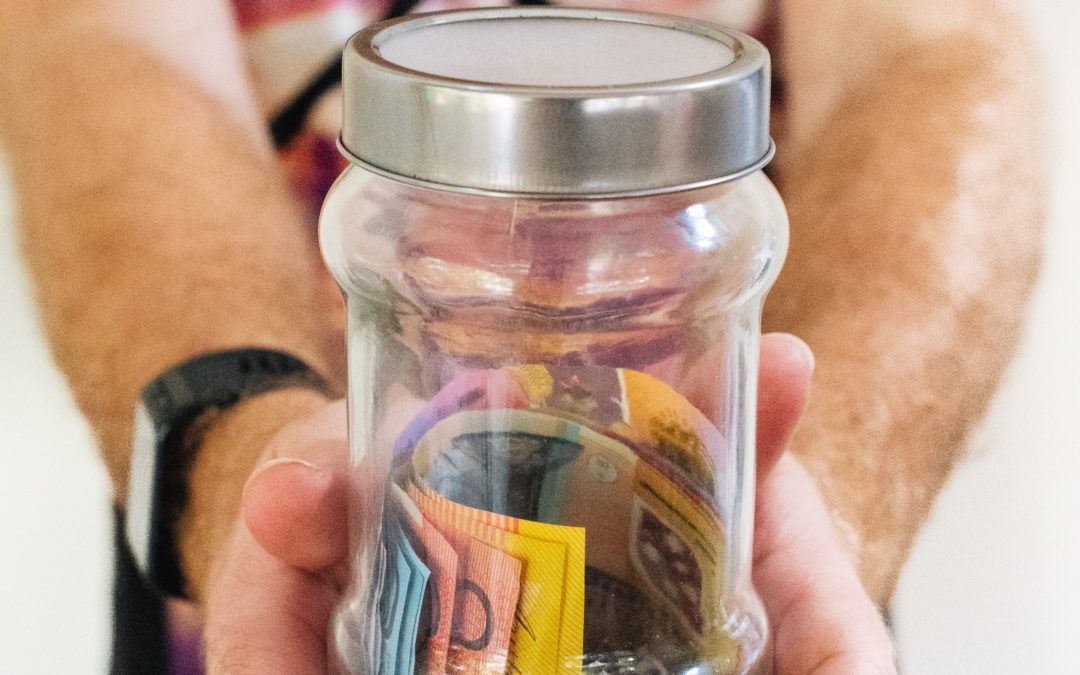Unfortunately, many separations end in disputes over money. A common situation that arises when trying to resolve family law property matters is when your husband or wife makes a considerable dent in the family finances by squandering assets or racking up additional debt, particularly in the post-separation period.
Hiding Assets in Divorce
A bitter ex-partner may go on a spending spree, attempt to “hide” assets by transferring them to a third party or sell assets and spend the money on themselves. Alternatively, he or she may have been reckless during the relationship, either through risky business ventures, gambling or other addictions.
In the past, it was not uncommon for the Court to consider “adding back” property into the pool of assets that have been wasted, exhausted or prematurely disposed of for the benefit of one party or a third party. However, following a decision of the High Court in 2012, the Court has moved away from “adding back property” and an “add back” of property is now considered the exception to the rule.
Now, add-backs generally only arise in the following circumstances:
- Losses incurred as a result of a party’s deliberate efforts to diminish or deplete the value of assets, such as a premature distribution of assets;
- Losses sustained by a party’s reckless, negligent or wanton conduct; and
- Where a party has used joint funds to pay for his or her own legal costs.
Whether property is “added back” depends on the circumstances of each individual case and the Court uses its discretion to ensure that a just and equitable outcome is achieved. For example, in one case, the wife assisted her adult daughter by gifting $15,000 as a deposit to purchase a property. The Court considered that it was not unusual for parents to assist their children and, given the large size of the asset pool, it was unreasonable for that amount to be added back.
In another case, the husband sold his taxi licence and vehicle, which had been used to operate a business throughout the course of the marriage. He benefited from the proceeds and the Court determined that the value of the funds received should form part of the asset pool for distribution between the parties, on the basis that the wife had a legitimate interest in the taxi business.
There is no guarantee that a dissipated asset will be “added back” to the asset pool on a dollar-for-dollar basis. However, the Court has the discretion to adjust property interests by considering a myriad of factors and on a just and equitable basis.
It is important to obtain legal advice before or soon after you separate from your spouse or de facto partner. An experienced divorce lawyer can assist in preserving hard-earned assets, preventing wastage and maximising your chances of a fair property settlement. To find out more information or to arrange an appointment, please contact Kathy Matri on 02 4322 0251 or email us at [email protected]


